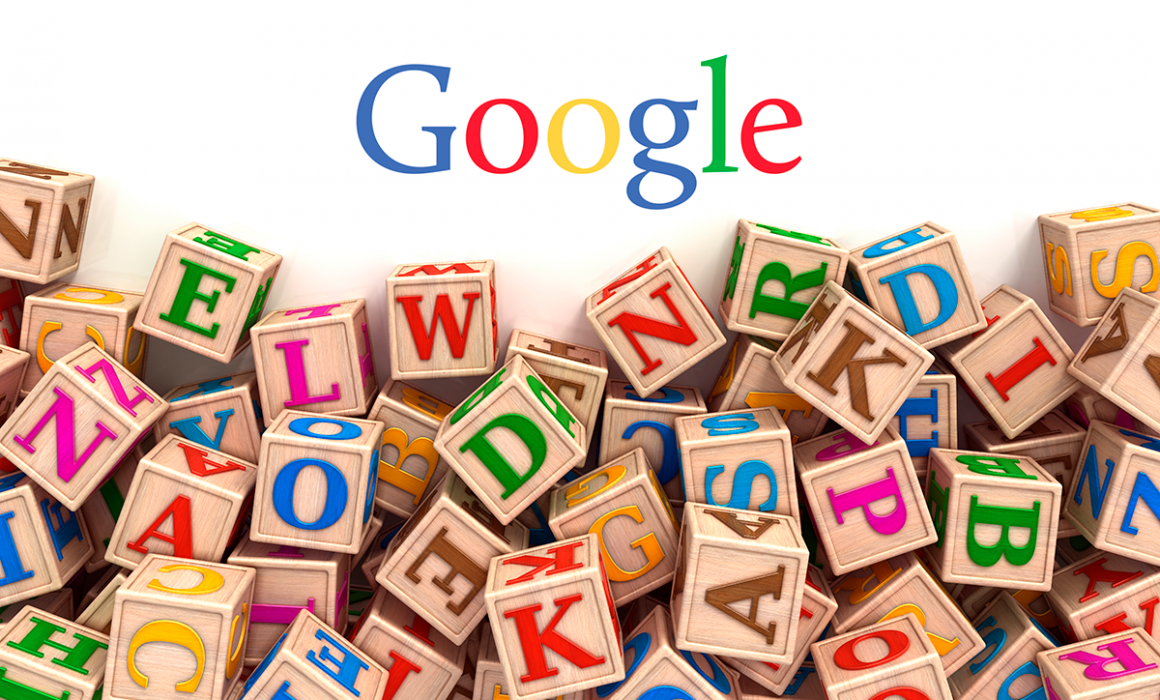Digital Marketer, Do You Know your Alphabet?
Google is not by any definition conventional; there’s very little doubt the tech organisation even knows what conventional is. While its history is steeped in web content distribution and advertising, the search giant has diversified its offering in the last couple of years. From self-driving cars and a fountain of youth project to a cancer fighting wristband, there’s very little under the sun that the tech company has not dabbled its hands in.
Be that as it may, diversification under a name synonymous with search has not always favoured Google’s efforts. With Google Plus and Glass projects seen as failures, the company has not always been successful in bringing us to a new age of human advancement. This may, in small part, explain its recent move to establish a parent holding company called Alphabet – a domain name owned by BMW, but that’s a comical story for another day.
The move will see fringe projects (Calico, Nest Labs, Google Fiber, Sidewalk Labs and Google Venture) as well as Google fall under Alphabet’s umbrella. This will leave the search engine to focus on what we best know it for: search, YouTube, Gmail, advertising and Android. There’s even talk of an autonomous Google as Larry Page leaves its day to day running in the trusted hands of new CEO Sundar Pichai. Page will focus on the bigger picture as CEO of Alphabet.
If G is for Google, Is D for Digital Marketing?
So what does this mean for you, the ever so vigil digital marketer? Well, Google has a new CEO. Pichai has been involved with Google’s mainstream business efforts since 2004 as a semiconductor engineer. Colleagues have pinned him as reserved and humble and a leader capable of developing formidable offerings, including Chrome and its operating system.
The change in leadership would have some also expect a restructuring of strategy and corporate culture. With Pichai’s less than imposing demeanour, however, it’s less likely that he’ll take on an approach that is different from his predecessor. In other words, Google is expected to stay the same, with its algorithms being doled out at a pace that’s going to keep you on your feet, thinking of new strategies.
Speculatively speaking, Google’s autonomy from Larry Page does mean that changes are still on the table; though no one knows what they might look like. All we know for the time being is that the Alphabet is now easier to understand, with everyone having more of an idea what the G really stands for.
Do you have more insight into Google’s move or anything else to add? Let us know what you think of the new ABCs by leaving a comment.




